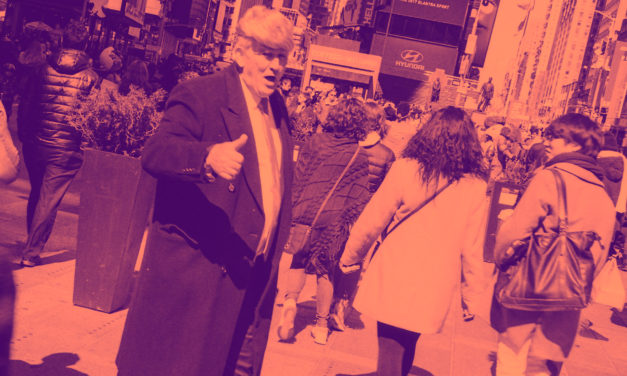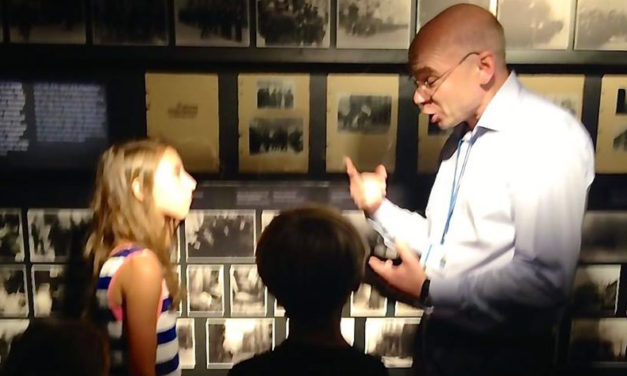Interesting Times
You know you live in interesting times when you can’t tell Left from Right—when “social justice warriors” on campus, students and staff alike, try to limit the scope of free speech by filing Title IX or broader claims against faculty whose extracurricular writing offends their sensibilities, and when avowed conservatives not only lead the fight to protect the 1stAmendment but offer more compelling criticisms of capitalism than their liberal or leftist counterparts. This is our current condition. I have some first-person experience of this political flux. I live in Harlem, a historically black enclave of New York City which...
Read More


